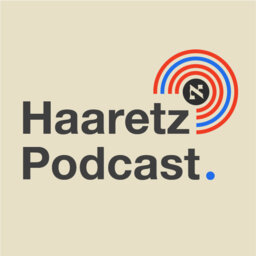Assassinating Nasrallah: 'The Israeli army prepared for the attack for 18 years'
If Prime Minister Benjamin Netanyahu enjoys a popularity comeback as a result of Israel's military operation against Hezbollah and the assassination of the group's chief Hassan Nasrallah, he is likely to be tempted to call early elections, Haaretz editor-in-chief Aluf Benn said on the Haaretz Podcast.
"It's a tried and true Netanyahu trick when he sees that his adversaries are weak," Benn noted, pointing to the reasons why doing so may be in the Israeli leader's interest, including "getting rid of" his far-right coalition partners Itamar Ben-Gvir and Bezalel Smotrich and his dependence on them.
Benn, a veteran commentator on military and security affairs, said that the decapitation of Hezbollah leadership and its current paralysis represents a significant military victory for Israel. Nasrallah, he said, was a victim of hubris and his downfall came as a shock to allies and enemies alike.
"Nasrallah was the symbol of Arab resistance to Israel and the United States," Benn said. "Over the years, he acquired a mythological image, even in Israel, as the man who understands Israel better than the Israelis themselves. But at the end of the day, even he was taken by surprise."
The planning and execution of the ongoing offensive against Hezbollah stands in sharp contrast to the failures and missteps of October 7 and difficulties in Gaza when fighting Hamas, said Benn.
"The IDF prepared for this attack for 18 years after the humiliation of the Second Lebanon War in 2006, when the IDF was caught unprepared for the kind of war that was waged. So for many years, the focus of Israeli intelligence, of Israeli drills, of operational planning, was Hezbollah."
While applauding the operation against Hezbollah, Benn warned that Israel still faces a substantial threat from the "ring of fire" Iran has built around the country.
"The Houthis in Yemen are still able to fire missiles at Israel... and the port of Eilat is still closed under the Houthi blockade. Pro-Iranian militias in Syria and Iraq are still there and Iran is still there. And most of the Hezbollah fighting force is alive and can be regrouped, even if not tomorrow or the next day."
 Haaretz Podcast
Haaretz Podcast


